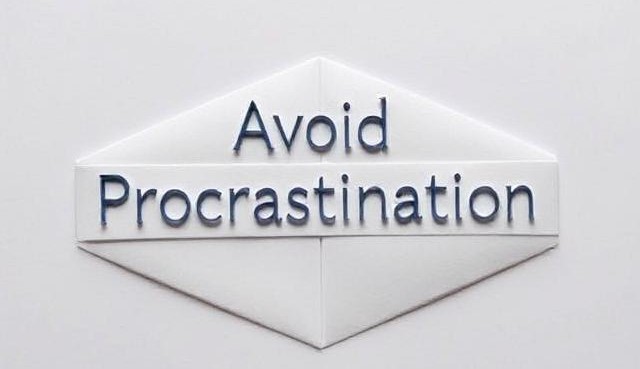
Life is a complex tapestry of relationships, opportunities, and interactions. While many people we encounter genuinely seek to support and uplift others, there are those who may be termed “opportunists.” An opportunist is someone who takes advantage of situations or people to further their interests, often without regard for the consequences to others. Identifying these individuals can help you navigate your personal and professional life more effectively. Below are some characteristics and signs that can help you spot opportunists in your interactions.
1. Inconsistent Values and Morals
One of the most telling signs of an opportunist is inconsistency in their values. They may publicly espouse certain beliefs or ethics but act contrary to them when it serves their purpose. Pay attention to how their behavior changes based on who they are with or what they want to achieve. If someone frequently shifts their stance based on convenience, they may be more focused on self-interest than on integrity.
2. Excessive Flattery and Charisma
Opportunists often deploy charm as a means to manipulate others. While being personable is not inherently a negative trait, watch for those who excessively flatter you or others, especially in an insincere manner. If their compliments feel more like tools for influence rather than genuine praise, it may be a red flag. Charismatic individuals can wield their charm to disguise ulterior motives.
3. Lack of Commitment
Opportunists may be physically present but emotionally detached. They often show little commitment to relationships, whether personal or professional. They may engage in conversations and make plans, but when it comes time to follow through, they often disappear. If someone consistently fails to invest time or effort in their relationships, it could indicate that they are more interested in what they can gain rather than building mutual bonds.
4. Transactional Relationships
Pay attention to how relationships are framed. Opportunists often engage in transactional interactions, where affection, support, or friendship seems to be given only in exchange for something else. If your relationship constantly feels like a trade-off, rather than offering genuine support and connection, you may be dealing with an opportunist.
5. Taking Credit for Others’ Work
A classic behavior of opportunists is taking credit that is not rightfully theirs. If someone consistently highlights their achievements at the expense of others’ contributions, it shows a distinct lack of accountability and integrity. This behavior not only harms teamwork but can also undermine the self-esteem of those whose efforts are overlooked.
6. Excuses and Blame
In conversations, opportunists often shift blame onto others instead of accepting responsibility. When confronted, they are likely to make excuses or point fingers rather than addressing their actions. This inability to take accountability is a hallmark of someone more interested in self-preservation than in maintaining healthy relationships.
7. Selective Loyalty
Opportunists often display selective loyalty, aligning themselves with individuals or groups based on current circumstances. Their friendships may change swiftly when it suits them, leaving behind those who were once valued allies. Monitor if someone is only present during your successes but absent during difficult times; it may be a sign of opportunistic behavior.
8. Exploiting Vulnerabilities
Opportunists often seek out those who are vulnerable and may use their insecurities to manipulate them. Whether personal or professional, if someone seems to prey on your weaknesses to gain leverage, it’s essential to tread carefully. Relationships should be built on mutual respect and support, not on exploitation.
Identifying opportunists in life is vital for protecting your emotional well-being and fostering healthy relationships. While it’s important to maintain an open heart and mind, being aware of the warning signs can help you navigate complex interpersonal dynamics more effectively. Surrounding yourself with individuals who value integrity, transparency, and genuine connection will ultimately lead to richer and more fulfilling relationships. Remember, recognizing opportunistic behavior isn’t about building walls — it’s about setting healthy boundaries that allow for genuine connections to flourish.









